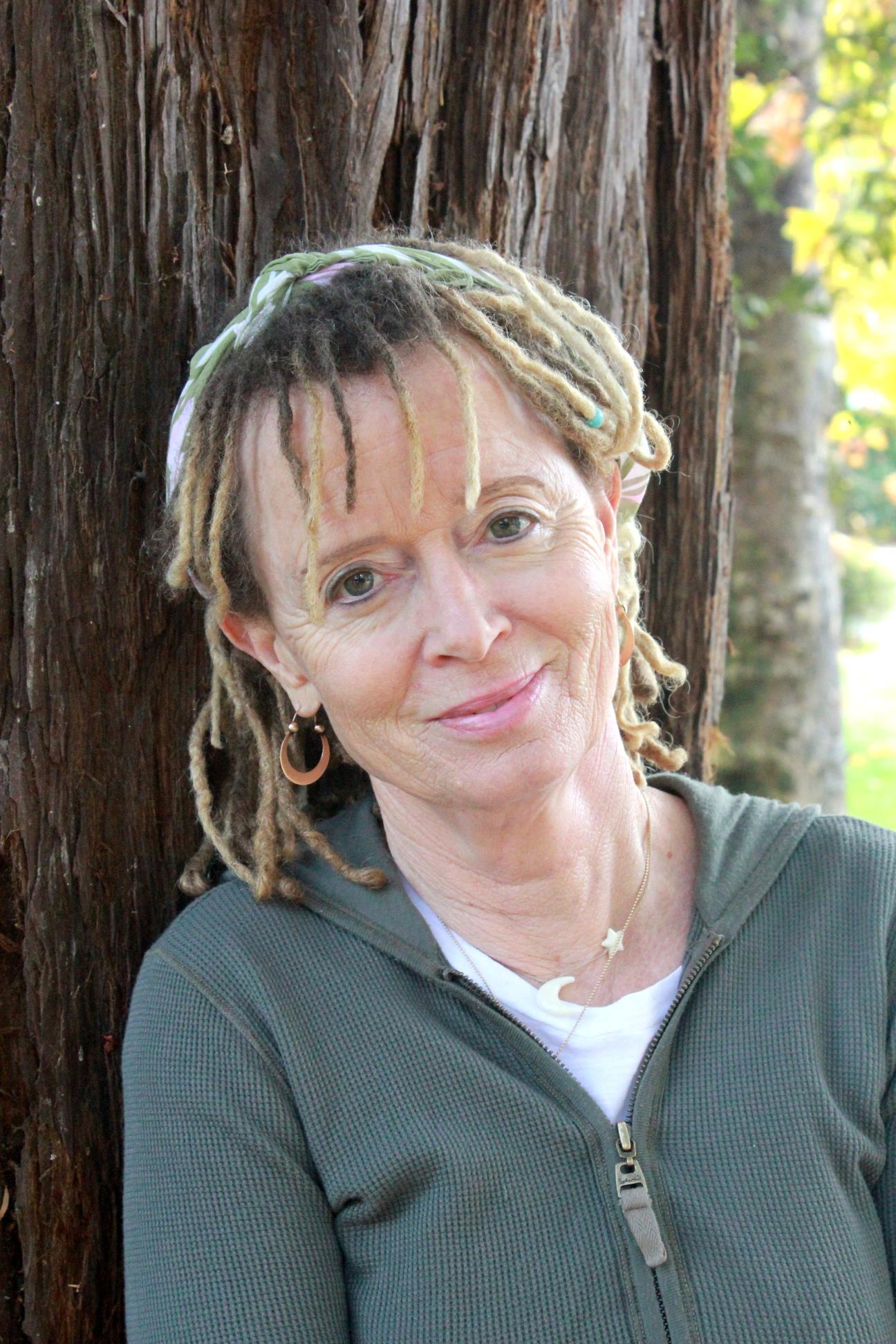Over three months The Washington Post published a weekly column by 71-year-old writer Anne Lamott on the theme of A User’s Guide to Ageing.
The series was described as examining the fears, indignities and everyday miracles that come with getting older.
Here are a few random paragraphs lifted from it.
The perfectionism that had run me ragged and has kept me scared and wired my whole life has abated. The idea of perfectionism at 60 is comical when, like me, you’ve worn non-matching flats out on stage. In my experience, most of us age away from brain and ambition toward heart and soul, and we bathe in relief that things are not worse. When I was younger, I was fixated on looking good and impressing people and being so big in the world. By 60, I didn’t care nearly as much what people thought of me, mostly.
And anyway, you know by 60 that people are rarely thinking of you. They are thinking about their own finances, family problems and upper arms. I have no idea of the process that released some of the clench and self-consciousness, except that by a certain age some people beloved to me had died. And then you seriously get real about how short and precious life is. You have bigger fish to fry than your saggy butt.
The portals of age also lead to the profound (indeed earthshaking) understanding that people are going to do what people are going to do. They do not want my always-good ideas on how to have easier lives and possibly become slightly less annoying.
One of the blessings of age is that most of us get along with ourselves better than when we were young. It is stunning to accept yourself: I am always going to have a womanly butt and now I appreciate it: It’s a nice seat cushion. When my son was young, I hired a teenage girl to help around the house and one day she was folding laundry. She held up a pair of the nice roomy underwear I prefer and said, with wonder, “Do they even make bigger underwear?” That was 25 years and 10 pounds ago — and yes, honey, they do. I’ll show you where to buy them someday.
I woke up yesterday without too much going on except a cold and cough I’ve had for two weeks, and of course the whole world coming apart like a two-dollar watch. Also, beauty everywhere: clouds descended from the ridge into folds in the hills like puffs and swoops of light grey smoke. I went to wash my face with my glasses still on, and felt like I was in a carwash. For a minute, I believed I had a detached retina — I’ve had a floater for two years, and my ophthalmologist has told me to be on the lookout for changes in vision. I got things sorted and took my morning meds, but then five minutes later was not positive that I had indeed taken them or just meant to.
Twenty-five years ago, my then-9-year-old son inadvertently helped me see the way: I was racing to an appearance at a theatre on the docks of San Francisco Bay, holding a purse, a coffee, a batch of papers and my latest book, and trying to get Sam to hurry up behind me. Suddenly, some pages blew away toward some bored cormorants on the pilings. Sam caught them and then glared at me. “Mom,” he said, “you’re carrying too much, and you’re going too fast.”
You get away with this manic, burdened way of living for the first two-thirds of life, but as you transition to the third third, you start to wonder whether this pattern argues a wasted life. You slow down. You start to actually be here for your life. What a concept.
The fear of missing out has lessened greatly. In its place, we have the fear of being pressured into gatherings we don’t want to go to. Luckily, at 65, along with your Social Security cheque, you earn the courage to beg off: “It sounds lovely, but I have other plans,” those plans being to stay in, eat popcorn and settle into the current TV binge.
Saying no to things that deplete or bore us becomes an essential skill. To me, nothing is more wonderful than to crawl between the sheets again, with a book and the cat, and to say our prayer: “Oh, well.”
Photo Source: Anne Lamott

